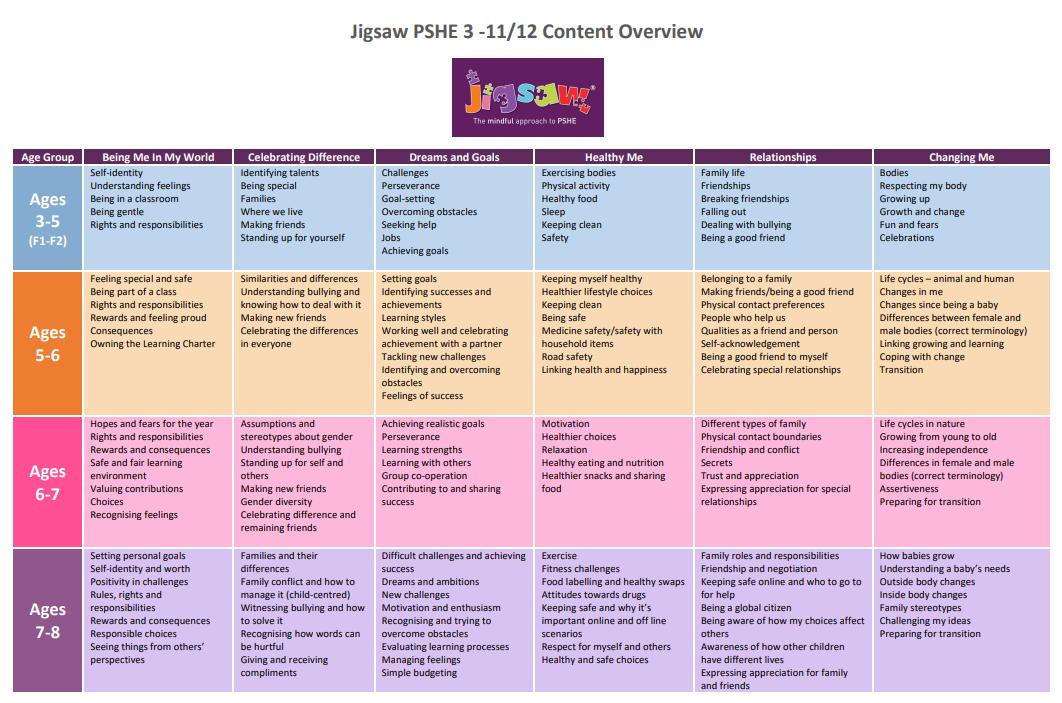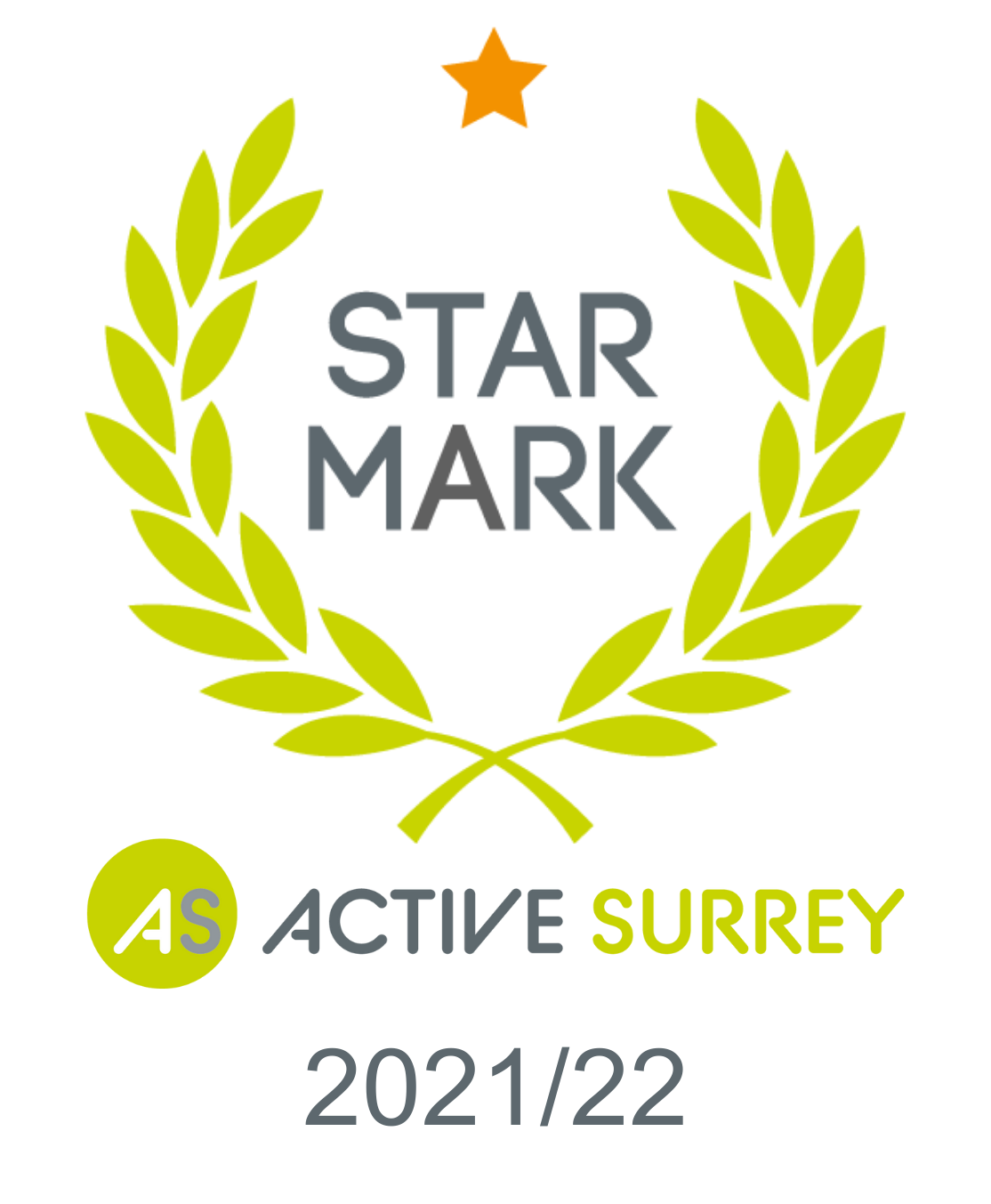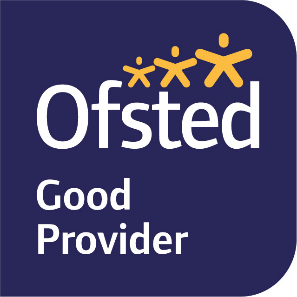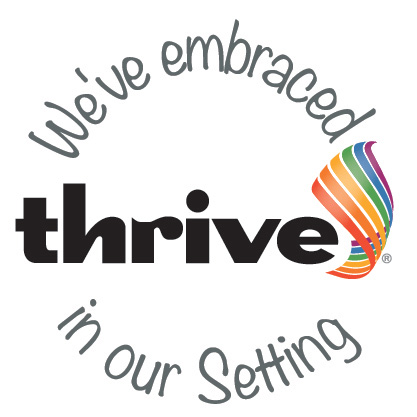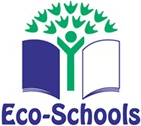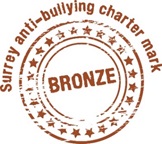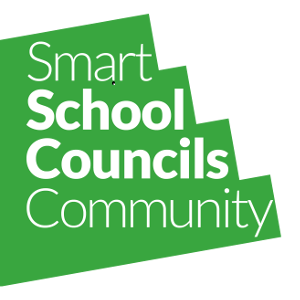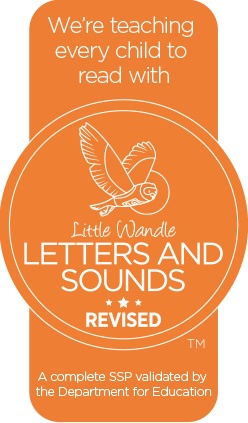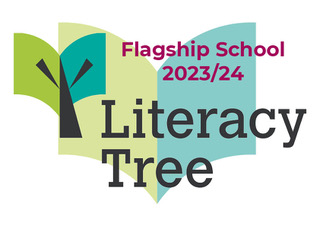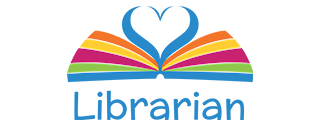PSHE and RHSE
Click on the image above to view the subject overview
Jigsaw PSHE
We are proud to use 'Jigsaw' to deliver our PSHE (Personal, Social, Health and Economic Education) and statutory RHE (Relationships and Health Education) curriculum.
Children at Ashford Park take part in one Jigsaw lesson each week. Lessons have a focus on mental health and well-being, through the use of reflection times and mindfulness.
Jigsaw for PSHE uses a whole-school learning approach. Every year group follows the same 'Jigsaw Piece' topic per half-term, with each year's lessons building on the learning from the previous year.
Relationships and Health and Sex Education (RHSE)
Relationships and Health Education is a vital component of the APPS commitment to keeping our children safe.
The focus of learning is on teaching the fundamental building blocks and characteristics of positive relationships, with particular reference to friendships, family relationships, and relationships with other children and with adults.
Teaching about families requires sensitive and well-judged teaching based on knowledge of pupils and their circumstances. Families of many forms provide a nurturing environment for children. (Families can include for example, single parent families, LGBT parents, families headed by grandparents, adoptive parents, foster parents and carers amongst other structures.) Care needs to be taken to ensure that there is no stigmatisation of children based on their home circumstances and needs, to reflect sensitively that some children may have a different structure of support around them; for example, looked after children or young carers.
Our Relationships Education creates an opportunity to enable pupils to be taught about positive emotional and mental well-being, including how friendships can support mental well-being.
Through our carefully-planned and considered Relationships Education we teach pupils the knowledge they need to recognise and to report abuse, including emotional, physical and sexual abuse. We teach our pupils about personal boundaries and privacy, ensuring that they understand that they have rights over their own bodies. This dialogue extends to having understanding what are appropriate boundaries in friendships with peers and also in families and with others, in all contexts, including online.
Through the curriculum, assemblies, special visitors, workshops and daily interactions with the children, we teach and remind our pupils how to report concerns and seek advice when they suspect or know that something is wrong. Safeguarding is the golden thread that runs through all that we do at APPS. We teach our children about making sensible decisions to stay safe (including online) whilst being clear it is never the fault of a child who is abused and why victim blaming is always wrong.
Today’s children and young people are growing up in an increasingly complex world and living their lives seamlessly on and offline. This presents many positive and exciting opportunities, but also challenges and risks. In this environment, children and young people need to know how to be safe and healthy, and how to manage their academic, personal and social lives in a positive way.
(DfE, 2019, Relationships Education, Relationships and Sex Education and Health Education)
From September 2020, Relationships and Health Education became compulsory in all primary schools in England. For primary aged children this includes curriculum content under two headings (DfE 2019):
Relationships Education
- Families and people who care for me Caring Friendships
- Respectful Relationships
- Online Relationships
- Being safe
Health Education
- Mental well-being
- Internet safety and harms
- Physical health and fitness
- Healthy eating
- Drugs, alcohol and tobacco
- Health and prevention
- Basic first aid
- Changing adolescent body
Sex Education at APPS
Sex education is not compulsory in primary schools, however the National Curriculum for science is compulsory and includes subject content in related areas, such as the main external body parts, the human body as it grows from birth to old age (including puberty) and reproduction in some plants and animals. It is a requirement of Relationships Education that primary pupils are taught about puberty and the DfE states that it is important that the transition phase before moving to secondary school supports pupils’ ongoing emotional and physical development effectively. The department continues to recommend therefore that all primary schools should have a sex education programme tailored to the age and the physical and emotional maturity of the pupils. It should ensure that both boys and girls are prepared for the changes that adolescence brings and – drawing on knowledge of the human life cycle set out in the national curriculum for science - how a baby is conceived and born.
Please be reassured that our parents and carers will always be informed when a planned programme of sex education is about to begin. Parents have the right to withdraw their children from aspects of relationships and sex education sessions, except those elements taught as part of the Science National Curriculum.
- DfE Relationships Education
- DfE Primary health and mental wellbeing
- DfE Statutory guidance
- LGBT inclusivity: Stonewall lesson plans and materials for primary and secondary
Public Health England website - resources covering relationships and bullying, alcohol, smoking, stress, body image, with videos made by young people and resources tested with teachers.


